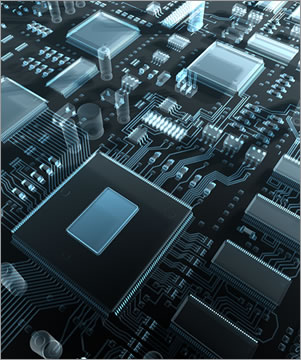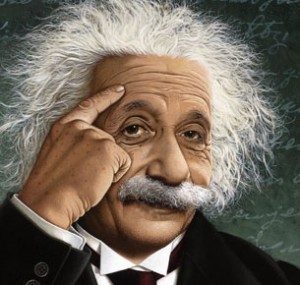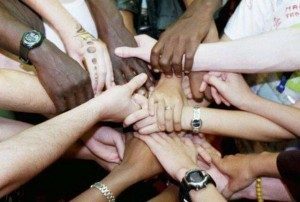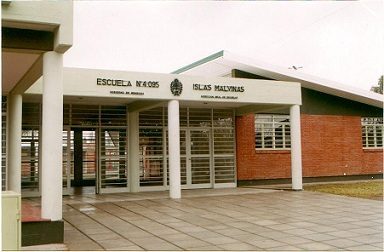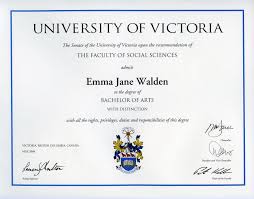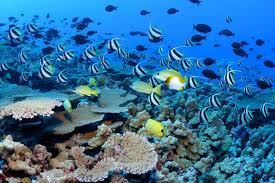 A situation, object or phenomenon is classified as experimental as long as it is understood as the result of a test that seeks to vary the normal parameters for such element or experience and that it has not yet been officially established as a new element. An experiment always involves testing and retesting in order to obtain new solutions, possibilities and elements that can be applied to certain situations. In this way, experimental will be everything that is created as a search.
A situation, object or phenomenon is classified as experimental as long as it is understood as the result of a test that seeks to vary the normal parameters for such element or experience and that it has not yet been officially established as a new element. An experiment always involves testing and retesting in order to obtain new solutions, possibilities and elements that can be applied to certain situations. In this way, experimental will be everything that is created as a search.
Normally, the term experimental is applied to all the techniques, practices and theories that are created with the aim of obtaining new and, especially, different results from those that are already known. Experimental involves the development of those experiments that are applied to each discipline or area of work and whose purpose is to search for alternatives. Many times, when something is experimental it can end up being approved and accepted as something official, but many other times the results are not as expected, therefore experimentation must continue.
We can say that the term experimental today has preferential application over some disciplines such as art. In this sense, music, theater, painting, dance and experimental cinema are all forms of artistic representation that do not follow the known parameters for each of them and that therefore seek to establish new characteristics. In general, these new features are more casual, unstructured and sometimes even shocking or highly provocative.
At the same time, scientific disciplines that are related to the human being, such as psychology, sociology, communication, cultural studies or anthropology have also developed experimental positions and theories that, in short, are nothing more than different forms of face the problem as it has traditionally been done. The main objective of these possibilities is to find other ways of understanding their respective objects of study.
